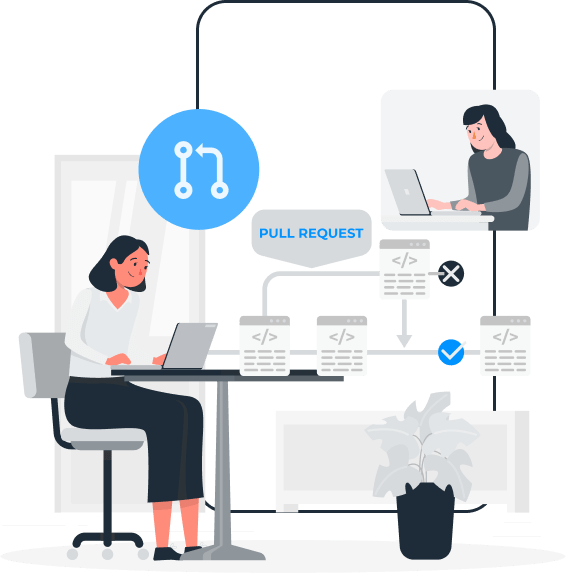ERP Systems as the Foundation for Efficient Business Processes
A modern ERP System is the central nervous system of a successful company, especially for businesses based in Ludwigsburg or Stuttgart. An ERP System unites different business areas such as purchasing, production, warehouse, sales, and accounting on a single platform. Thanks to centralized data management and process automation, an ERP System not only increases transparency but also reduces manual errors and sustainably improves operational efficiency.
Many companies in Frankfurt, Mannheim, and Karlsruhe often ask: “What is an ERP System and why is it so important?” This is where the significance of ERP System Bedeutung comes into play: it forms the backbone for optimized processes and supports the ERP IT team in implementing digital solutions. Businesses in Heidelberg, Freiburg, Nürnberg, and München also rely on Enterprise Resource Planning Systeme to modernize their operations.
Inventory Management System for Transparent Stock and Inventory Control
A powerful inventory management system enables comprehensive monitoring of all goods movements within the company in Stuttgart, Ludwigsburg, and surrounding areas. It ensures correct recording of incoming and outgoing goods, stock levels, and delivery availability. When combined with an ERP System, it forms the foundation for smooth material flow and an optimized supply chain.
Companies implementing Navision Software or SAP Business One quickly realize the benefits for ERP IT and ERP System Bedeutung. Firms in Frankfurt, Mannheim, Karlsruhe, Heidelberg, Freiburg, Nürnberg, and München also benefit from integrating a modern ERP System into their inventory management.
Production Planning Integrated in ERP Systems
Precise production planning is essential for manufacturing companies. In an integrated ERP System, the production chain can be seamlessly linked with materials management, inventory, and order processing. This allows flexible responses to order fluctuations, material shortages, or delivery deadlines.
Companies in Stuttgart and Ludwigsburg rely on Enterprise Resource Planning Systeme, while other locations like Frankfurt, Mannheim, and Karlsruhe benefit from solutions such as SAP Business One or Navision Software. ERP IT-supported production planning shortens lead times and optimizes resource utilization.
ERP-Based Inventory Management for Retail
In wholesale and retail, speed, availability, and accurate data are crucial. An ERP System with an integrated inventory management system provides real-time data on stock levels, orders, and returns. Automatic reordering, price adjustments, and delivery tracking make the system indispensable for a modern retail operation.
Companies in Ludwigsburg and Stuttgart recognize the advantages of ERP IT and ERP System Bedeutung, while Enterprise Resource Planning Systeme in Frankfurt, Mannheim, Karlsruhe, Heidelberg, Freiburg, Nürnberg, and München are used to make retail processes more efficient.
Scalable ERP Solutions for Growing Companies
Growing companies need scalable ERP Systems that grow with the business. Whether new locations, extended product lines, or increasing data volumes – a flexible ERP System within inventory management adapts effortlessly to new requirements.
Cloud-based Enterprise Resource Planning Systeme offer particular advantages through location-independent access, especially for companies in Stuttgart and Ludwigsburg. Firms in Frankfurt, Mannheim, Karlsruhe, Heidelberg, Freiburg, Nürnberg, and München also benefit from the high adaptability of ERP IT solutions, Navision Software, or SAP Business One.
Interfaces and Integration of ERP and Inventory Management Systems
Seamless integration of third-party applications such as webshops, CRM, or accounting software into the ERP System and inventory management system is crucial for automated data processing. Standardized interfaces (REST API, EDI) connect different systems and prevent double entries.
Companies in Stuttgart and Ludwigsburg rely on ERP IT-supported integration, while Enterprise Resource Planning Systeme in Frankfurt, Mannheim, Karlsruhe, Heidelberg, Freiburg, Nürnberg, and München enable smooth connections across all business areas. Navision Software and SAP Business One also provide proven interface solutions.
Data Analysis and Reporting in ERP Systems
An ERP System not only delivers structured processes but also provides valuable data for strategic decisions. Through dashboards, reports, and KPIs, inventory turnover, production costs, or ordering behavior can be analyzed. Combined with an inventory management system, this allows informed business process management and better forecasting of future developments.
Companies in Stuttgart, Ludwigsburg, Frankfurt, Mannheim, Karlsruhe, Heidelberg, Freiburg, Nürnberg, and München rely on Enterprise Resource Planning Systeme, ERP IT-supported analytics, and solutions such as Navision Software or SAP Business One to achieve maximum transparency and efficiency.
ERP Software for Industry-Specific Requirements
Every industry has its own processes – that’s why we develop ERP Systems with a customized inventory management system tailored specifically to your sector. Whether industry, trade, e-commerce, or services – our solutions support all operational processes.
Companies in Stuttgart and Ludwigsburg successfully implement ERP IT solutions, Enterprise Resource Planning Systeme, Navision Software, or SAP Business One, while businesses in Frankfurt, Mannheim, Karlsruhe, Heidelberg, Freiburg, Nürnberg, and München also benefit from customized ERP Systems.




























